Homebuyers
Is it More Affordable to Build a Home or Buy a New One?
January 10, 2025
At a time of high real estate prices and a lack of homes for sale, many budget-conscious homebuyers may be wondering if it’s more affordable to buy an existing home—or build their dream abode.
Those who purchase an already-built home may be able to snag a lower price tag. But older homes often need repairs. It can also be expensive to renovate an existing home to fit your tastes and needs.
“Your cheapest move is to buy a home that’s between 15 and 45 years old, as they were built when materials were at peak quality and construction standards were relatively high,” said Andrew Bates, COO of Bates Electric, a residential and commercial electrical contracting company in Imperial, Mo.
Constructing a custom, new home often costs more, especially if you’re buying a plot of land that needs to be cleared instead of purchasing in a planned development. Delays and rises in the cost of materials can increase the final price tag.
However, a new home can be designed just for you and your family. And as you’re purchasing new appliances and systems, you may have fewer pricey problems in the home, at least initially.
How buying a home is often more affordable than building one
Generally, buying an existing home is more affordable than constructing a new one. But that also varies depending on what part of the country you’re located in, how much land is available, and what sort of home you’re hoping to own.
The median sale price for an existing home was $407,200 in October, according to the most recent data from the National Association of Realtors.
Meanwhile, the cost of a newly constructed home was about 7.4% more, at a median $437,300 in October, according to a joint report from the U.S. Census Bureau and the U.S. Department of Housing and Urban Development.
However, prices can be much higher in certain parts of the country.
For example, the average cost per square foot for new construction was $233 in New England states in 2023, not including the cost of improving the lot, according to the National Association of Home Builders (NAHB).
It was just $136 per square foot in the West South Central region, which includes Texas, Oklahoma, Arkansas, and Louisiana.
Building a custom home, one that isn’t part of a planned, new community, may cost even more.
In 2022, the average cost of a newly built single-family home was $644,750, according to NAHB. That included an average $114,622 to get the lot ready to build on.
Is purchasing an existing home right for you?
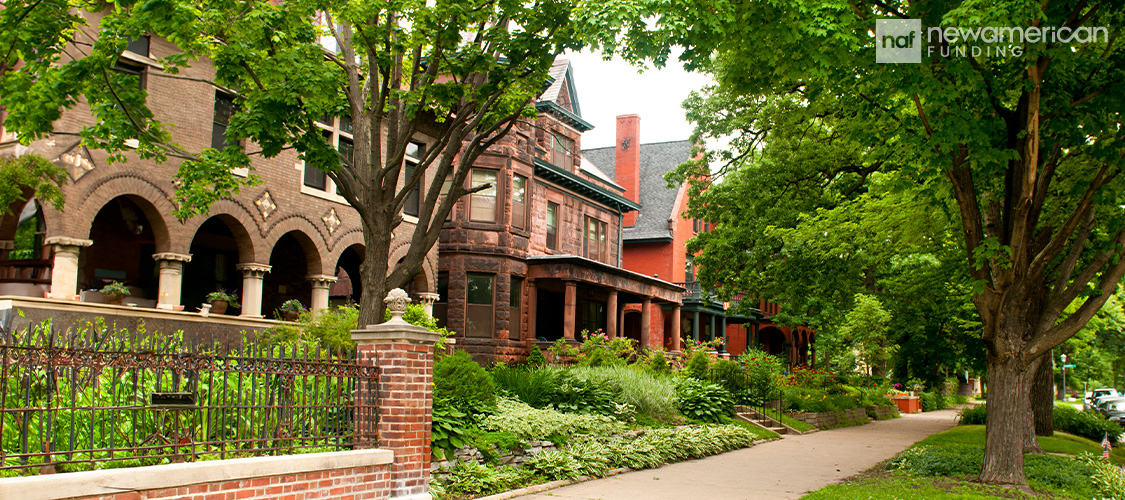
One of the big advantages of purchasing an existing home is the neighborhood. Often, the neighbors are settled, the trees are mature, and you’re not living in a construction zone if homes nearby are still being built.
“Buying allows you to tap into a more established neighborhood with existing amenities like schools, roads, and utilities,” said Aaron Lipman, owner of Two Brothers Foundation Repair in Houston. “These are the things you might have to pay extra for when building in a new development.”
However, older homes may need more work, including expensive replacements such as a new boiler or roof. These costs can add up quickly.
And while existing homes aren’t as customizable as new ones, improvements can be made over time.
Lipman noted that his clients often buy homes that can be tailored to their needs later on.
“If a home needs work, upgrades like foundation reinforcement or energy-efficient systems can be done gradually, allowing for better budget management,” he said.
Should you purchase a new home?
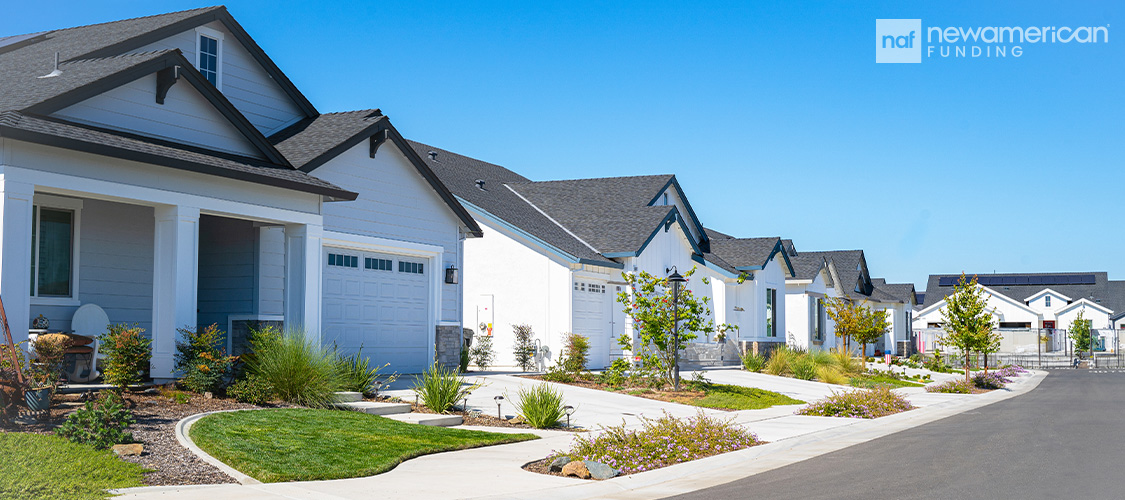
Building a custom home comes with its own set of considerations. Many buyers may enjoy working with an architect to design a property that’s tailored to how they live—and getting those floor-to-ceiling windows or that endless kitchen island they always dreamed of added to the plans.
However, buyers need to make sure they are working with reputable builders. Construction delays and shoddy work can be costly.
They also need to factor in that materials or labor costs can rise at any time. And they should ensure that local zoning laws allow the home they hope to build.
Planning and zoning board approvals, building permits, and inspections may also take longer than they may have anticipated.
Even if you get a quote within your price range, it’s possible you’ll be paying more by the end of the project.
Building a home may still be a good option for those who can afford to do so.
“It's worth it to go with building because you can choose the customizations that you desire,” said real estate investor Brian Rudderow of HBR Colorado in Colorado Springs, Colo.
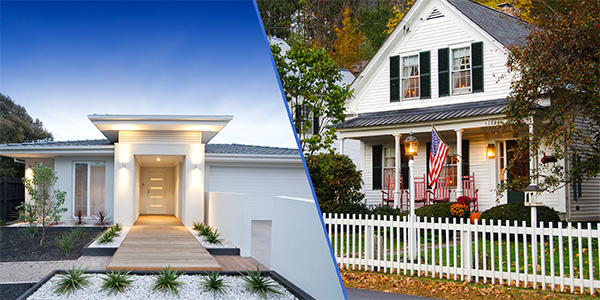



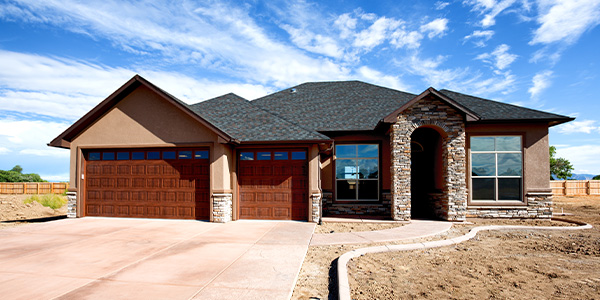
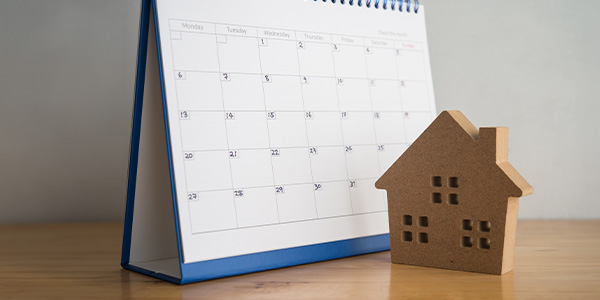
 Smart Moves Start Here.
Smart Moves Start Here.